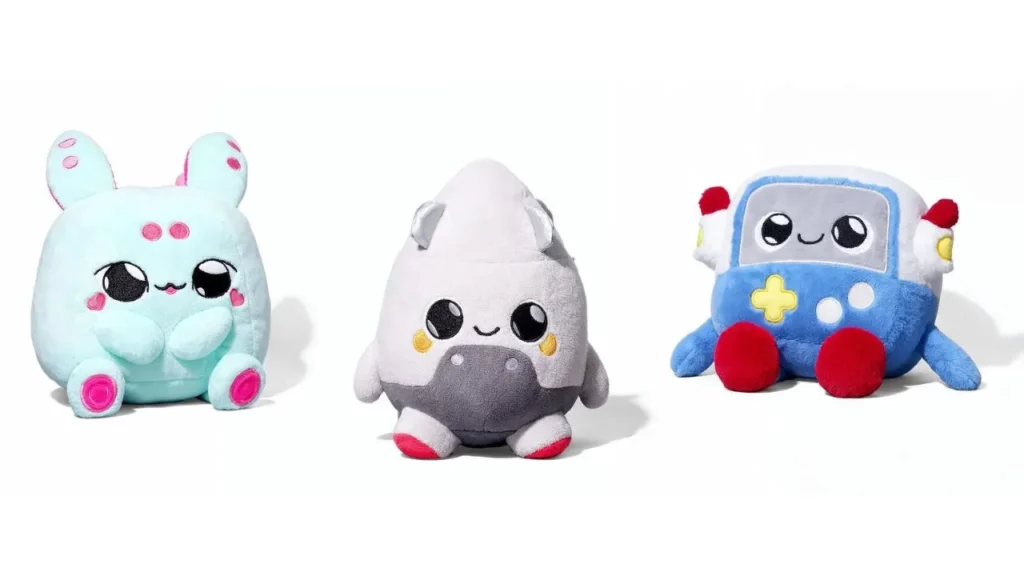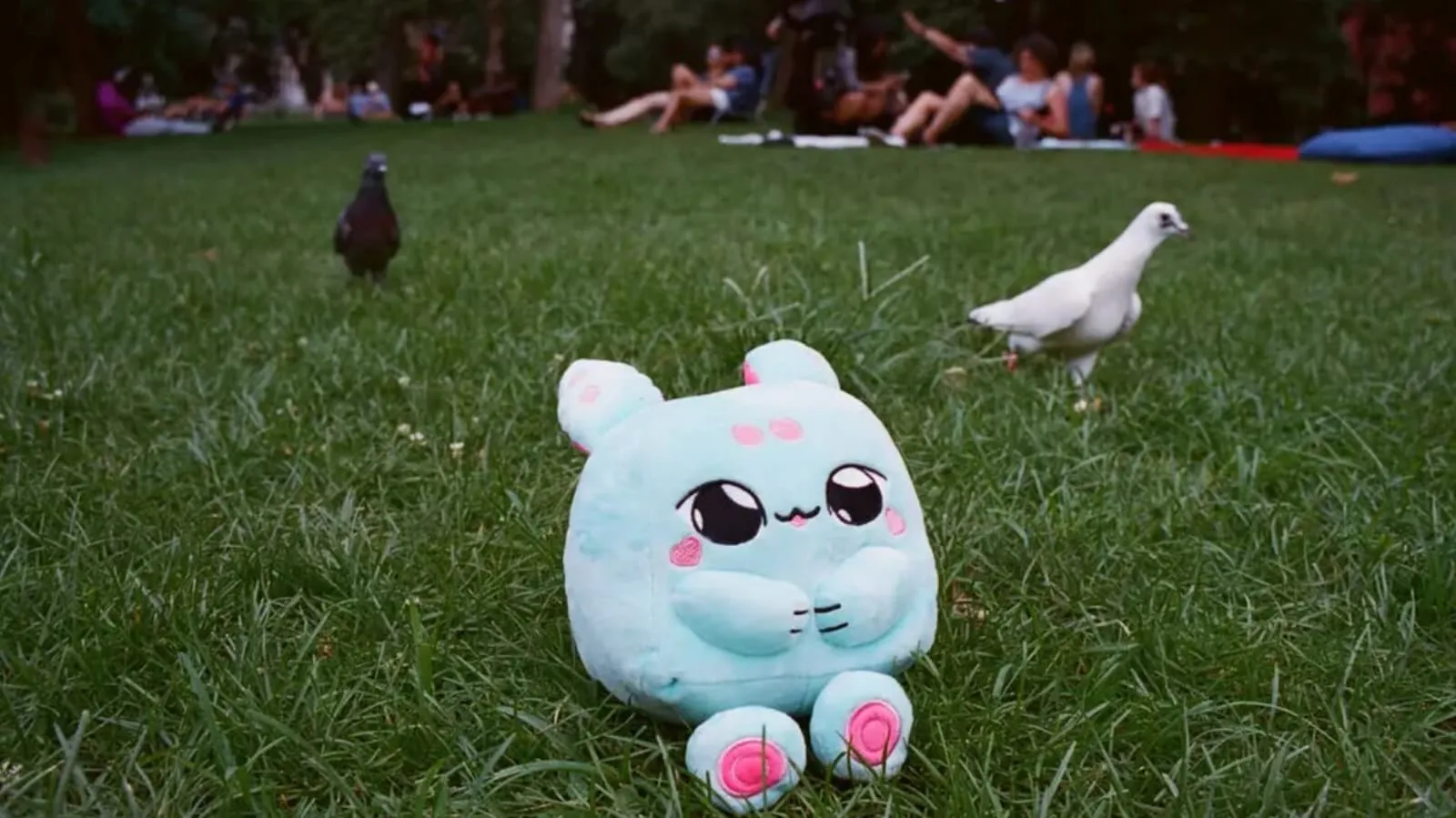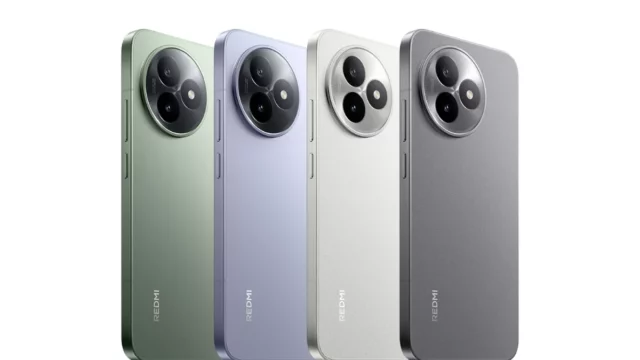Startups are pushing a new wave of AI-powered stuffed animals and plush toys with chatbots tucked inside. Companies like Curio claim these cuddly companions offer parents a softer alternative to endless screen time. Their pitch: instead of kids staring at a tablet, they can interact with a teddy bear that talks back.
But not everyone is convinced. Amanda Hess of The New York Times tested “Grem,” one of Curio’s AI toys, and came away uneasy. Rather than seeing it as an upgrade to the classic teddy bear, she described it as “a replacement for me.”
Parents question whether AI plushies help or hinder

Hess noted that while these toys might distract children from phones and TV, they reinforce the idea that curiosity always ends with a digital assistant. In other words, kids may avoid screens, but they’re still learning to rely on AI for answers instead of people.
For parents, that raises uncomfortable questions. Are these toys keeping kids occupied, or are they outsourcing parts of parenting to machines wrapped in fuzzy fabric?
AI-powered stuffed animals spark mixed reactions
To see how her kids would respond, Hess eventually let them play with Grem but only after removing the voice box. Interestingly, the children still treated the plush as a playmate, talking to it and making up games. Once the novelty wore off, they shifted to regular TV time.
This experiment hints at a deeper truth: kids don’t necessarily need the AI to enjoy the toy. The story they build around it might be enough.
The bigger problem with AI in kids’ toys
Critics argue that AI-powered plushies risk blurring boundaries between comfort objects and digital assistants. A teddy bear has always been a stand-in for imagination. By inserting a chatbot inside, the companies may be replacing children’s creativity with scripted responses from algorithms.
Parents already struggle with balancing screen time, and these toys might add another layer of dependence. The worry isn’t just what the toy says, but what kids stop saying when the toy fills the silence.
AI-powered stuffed animals face an uphill battle
Cute packaging aside, these toys highlight a cultural dilemma: should AI play the role of babysitter? For now, skepticism outweighs excitement. Plush companions may sell on novelty, but trust from parents will be harder to win.
When a teddy bear starts talking back, some kids might listen. The question is whether parents should.














